Tyler shares how accessibility is the main barrier to movement
The theme for this year’s Mental Health Awareness Week is movement. Whilst there are significant benefits to movement, both physically and mentally, there can be numerous barriers to overcome which relate to where we live, financial circumstances, other commitments, and accessibility to name a few.
Below Tyler shares with us how important physical activity is in his life and the barriers he has had to overcome in order to continue doing what he loves.

In what ways do you incorporate movement into your daily life?
I incorporate movement into my daily life by going to the gym or playing table tennis. I have a routine during the week which I try my best to follow, in turn making me feel happy and content when I participate in the physical activities I enjoy.
What has supported/empowered you to move in your everyday life?
My wheelchair provides me with the support I need to move in everyday life and empowers me to do the things I love, these being training at the gym and playing table tennis. My own drive empowers me to keep physically fit and go to the gym as I know how important movement is in keeping me as mobile as possible. My passion enjoyment and the social aspect of my sport enables me to remain consistent.
How has movement supported your wellbeing and mental health?
For me, table tennis and training at the gym provides me with a sense balance in my life. I work full time in an office job, so having physical activities that I enjoy balances my life out and provides me with a sense of routine that keeps me happy.
Physical activity also provides me with the drive to want to improve my sporting performance on the table and my physical fitness at the gym, this enables to remain consistent and resilient in everyday life.
Have there been any other benefits of including movement in your daily life?
The social aspect of physical activity is a massive benefit for me. When I was younger, I found it hard to socialise with my peers as I felt different. I was worried about not being accepted because of my disability because I might not fit in. This made me feel anxious about taking with people that weren’t my immediate family. Venues that my peers played sports weren’t accessible, so I felt really isolated.
When I found table tennis, I felt the barriers come down. It gave me the opportunity to compete against my able bodied peers. When I stated to compete regularly and attend a table tennis club my confidence grew and I found my voice. It helped me break down the divide I felt between me and my able-bodied peers. I made friends and I earnt respect among other members at my club and at my school. I was no longer restricted socially by my disability. I believe sport can break down barriers for disabled people in society – this has certainly been my experience.
Table tennis really helped me to communicate with others and finally feel comfortable in social situations.
Have you experienced any barriers to movement and physical activities?
Being a wheelchair user, the main barrier to movement and physical activities is accessibility. Not all venues are accessible, and this can prevent disabled people from participating in sport. Most gyms are accessible, however actually using the equipment independently can be struggle. Modern equipment tends to be more accessible and if it isn’t, I have to ask for help to adjust the height and weight settings. This can make me feel dependent on others, anxious about asking for help; leading to frustration and negative thoughts about my disability.
Sometimes, if I’m playing a local league table tennis match, the venue might not be accessible – this has sometimes meant I can’t play. Not only is it really disappointing personally, it makes me so frustrated that there are still inaccessible venues.
To increase disabled people’s participation rate at gym venues, I would recommend they seek individuals with accessibility needs who recognise the changes venues can make.

– Tyler"For those with disabilities, physical activity is a space where social barriers can be broken to promote progress toward a more inclusive society.
This is why I would encourage everyone to participate in physical activity."
What has been the impact of those barriers and how you overcome them?
Some accessibility barriers can’t be overcome when you have accessibility needs, so therefore it has prevented me accessing certain venues to play table tennis. I have worked together with some venues to communicate my accessibility needs and as a result have been able to access them.
Is there anything you would like to say to others to encourage them to move their way?
There are so many positive benefits to movement in whatever form this may take, whether this is going to the gym or playing sports. Movement improves physical fitness and mental wellbeing and encourages social interaction. For some, movement provides a space for goals to created and can provide much-needed routine for some.
Ready to move your way?
This year's Mental Health Awareness Week we want to
encourage people to find a way to move their body
and mind in every day activities.
Your donation will make the difference
Just £10 could help pay for a call to our advice and information line, supporting someone living with mental illness who may be feeling in distress during this time.
Donate todayJoin our newsletter
Sign up to our newsletter to keep up to date with our events and appeals. Click 'subscribe' to choose your contact preferences




